CDC, ICMR to monitor situation as airports in India look for mpox symptomatic flyers
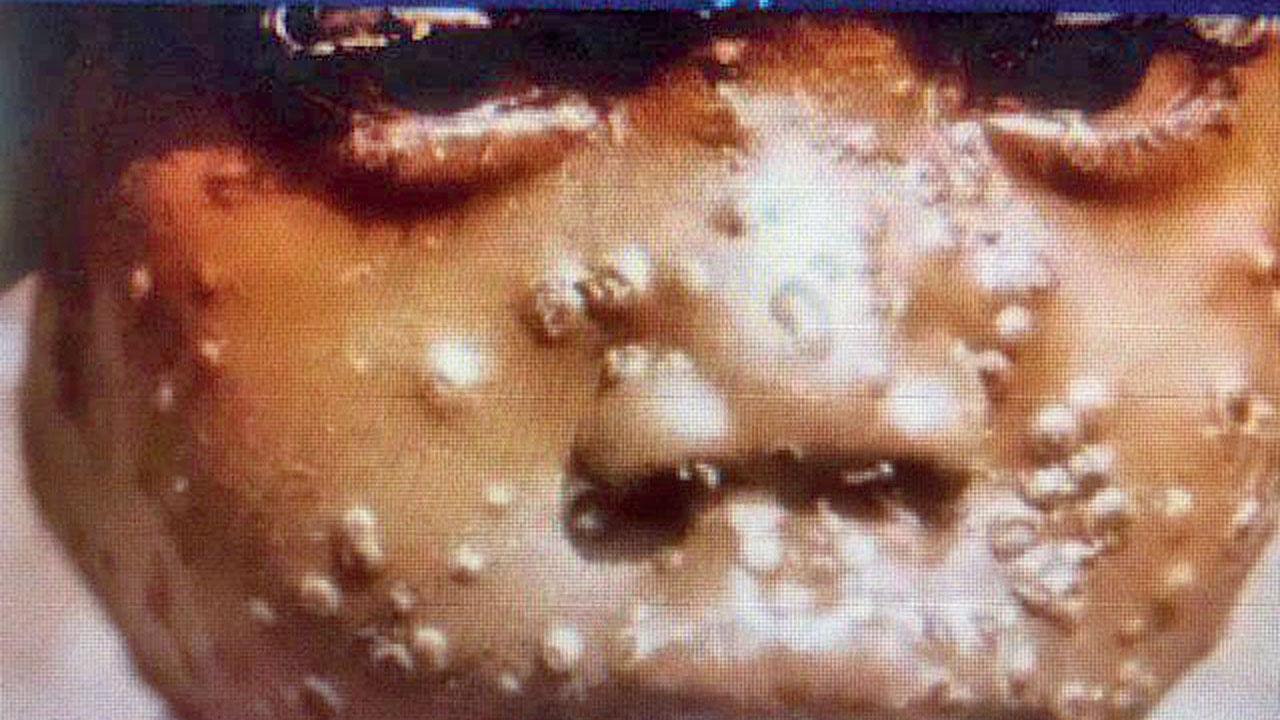
Case photos documented by Dr Hira during his stint in Africa
With cases of monkeypox, also known as mpox, being reported from different parts of the world, and a subsequent alert by the World Health Organization (WHO), the Ministry of Health, central government, has directed premier health institutes like NCDC (National Centre for Disease Control) and ICMR (Indian Council for Medical Research) to monitor the situation in the country. On Sunday (August 18), a high-level meeting was held to review the preparedness of laboratories across the country to test likely cases of viral infection mpox in view of its declaration as a public health emergency of international concern by WHO recently.
The airports are already on alert for any symptomatic flyers from the affected countries, as the sudden rise in the number of mpox cases has also put health experts here in a tizzy. Health experts are also concerned that with laxity in screening at airports across the country, the staff may not be trained for physical detection of mpox rashes.
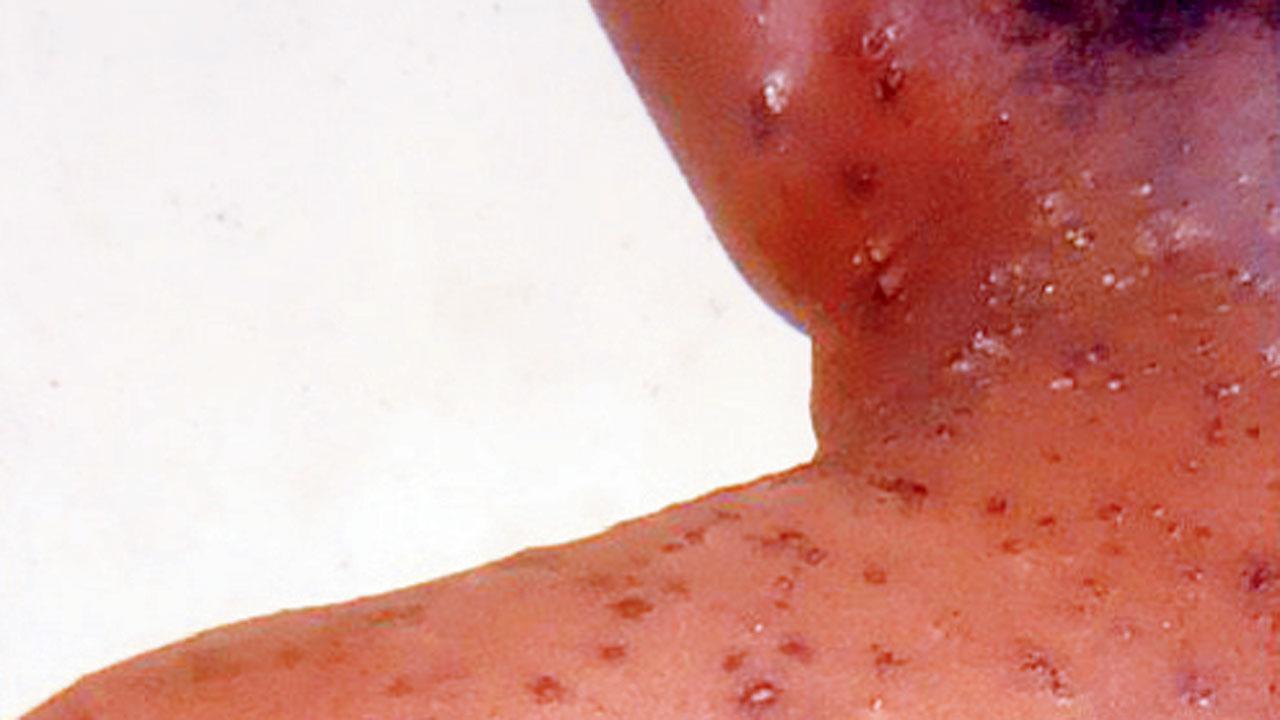
Confirming the same, Dr Subhash Hira, professor of global health at the University of Washington and former HIV/AIDS expert with WHO, said, “While cases of monkeypox have not been reported in India yet, the country has a large number of international flyers coming from Africa and Europe on an average daily, and the health staff screening travellers at the airports are not trained to identify mpox rashes through physical checks.”
“I used to clinically diagnose and treat hundreds of cases of monkeypox virus while I worked at the University Teaching Hospital in Lusaka, Zambia (central Africa), in the 1980s and 1990s. These cases used to appear in clusters during every hot-humid season, and they rarely required any hospitalisation; possibly because most of the population then was already vaccinated for smallpox virus. The smallpox vaccine global campaign ended in 1980. Monkeypox transmission from Africa to other continents was not reported due to smallpox vaccine protection.
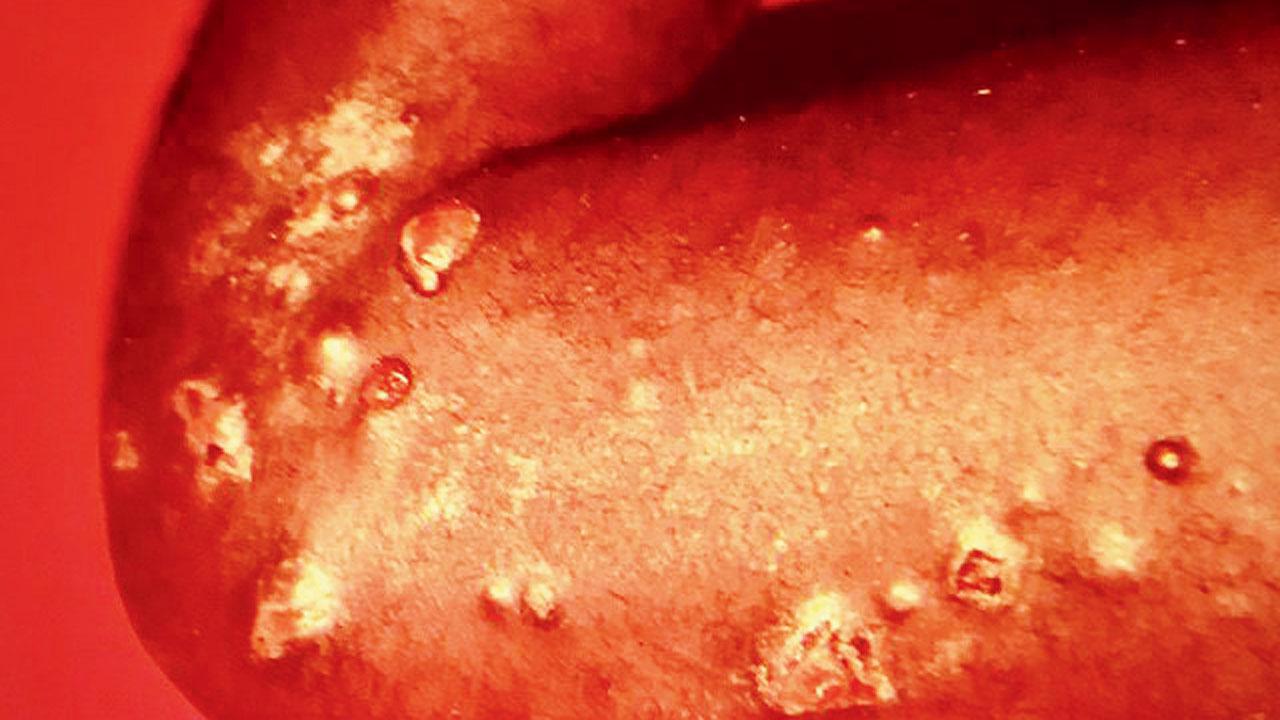
However, the sudden appearance of atypical monkeypox virus in Europe etc has set alarm bells ringing because populations below 40 years of age globally may not have received any smallpox vaccines. And for the public health humanitarian cause, I am releasing 1980-1990 pictures/images of monkeypox rash from my personal archives,” said Dr Hira.
According to Dr Hira, the WHO recommends that all meat be fully cooked before consumption in countries where the virus is prevalent or spreading. “Europe is particularly vulnerable as air travel between Africa and Europe is a priority route and more human traffic is occurring along that route due to the ongoing Ukraine war.”
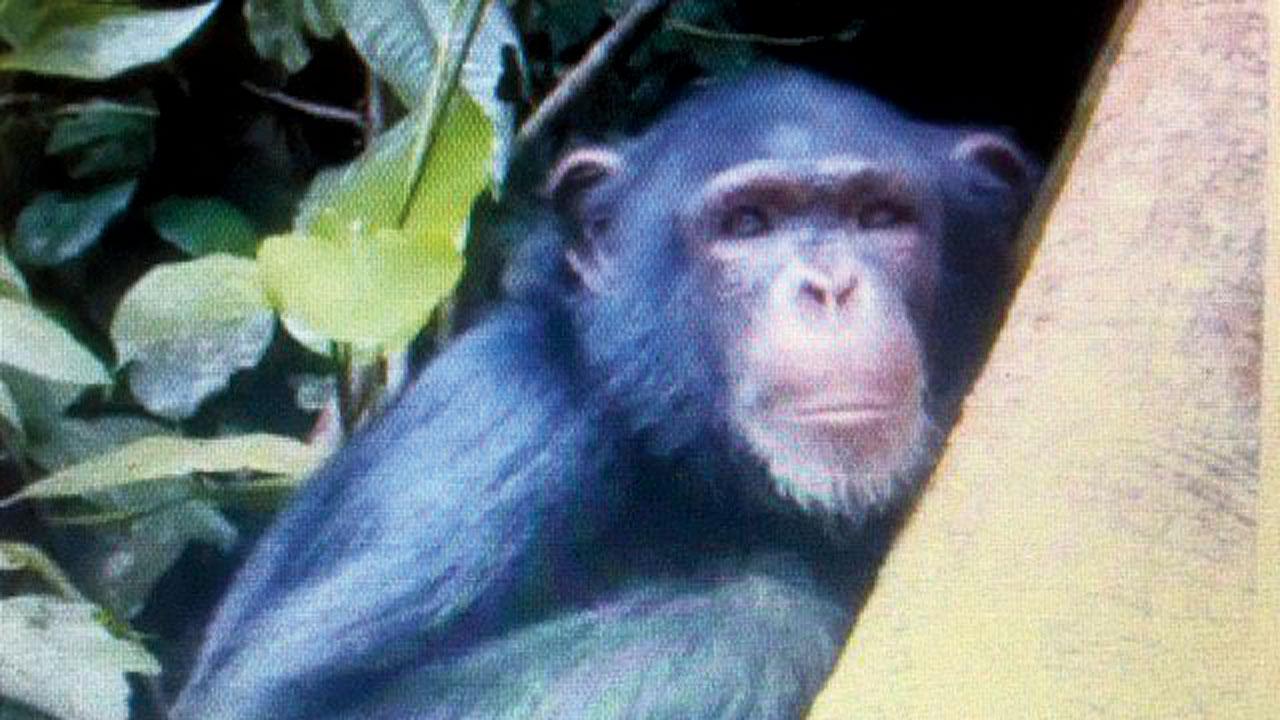
Monkeypox started spreading from infected chimpanzees in the Democratic Republic of Congo
Second outbreak
Dr Hira stated that this is the second time since 2022 that a global health emergency has been declared by WHO and the Africa Centre of Disease Control (CDC) against the global spread of mpox infections that are now being reported from 118 countries around the world. “This is now caused by the Clade II of monkeypox virus. The first health emergency for mpox, caused by Clade I, was declared by WHO in May 2022 (India had 30-40 suspicious cases of mpox) after it started spreading from African chimpanzees from the Democratic Republic of Congo (DRC) to several regional countries. However, the first health emergency was withdrawn a few months later after it was found to be a self-restricting condition.
Now, with the mutating monkeypox virus that is transmitting from man to man, from monkey meat handlers to general populations, and becoming a faster-transmitting virus among adults, among high-risk sexual partners, the WHO is better prepared this time as the mpox vaccine is ready with US CDC,” Dr Hira said, adding that the evolutionary history of mpox is very interesting.
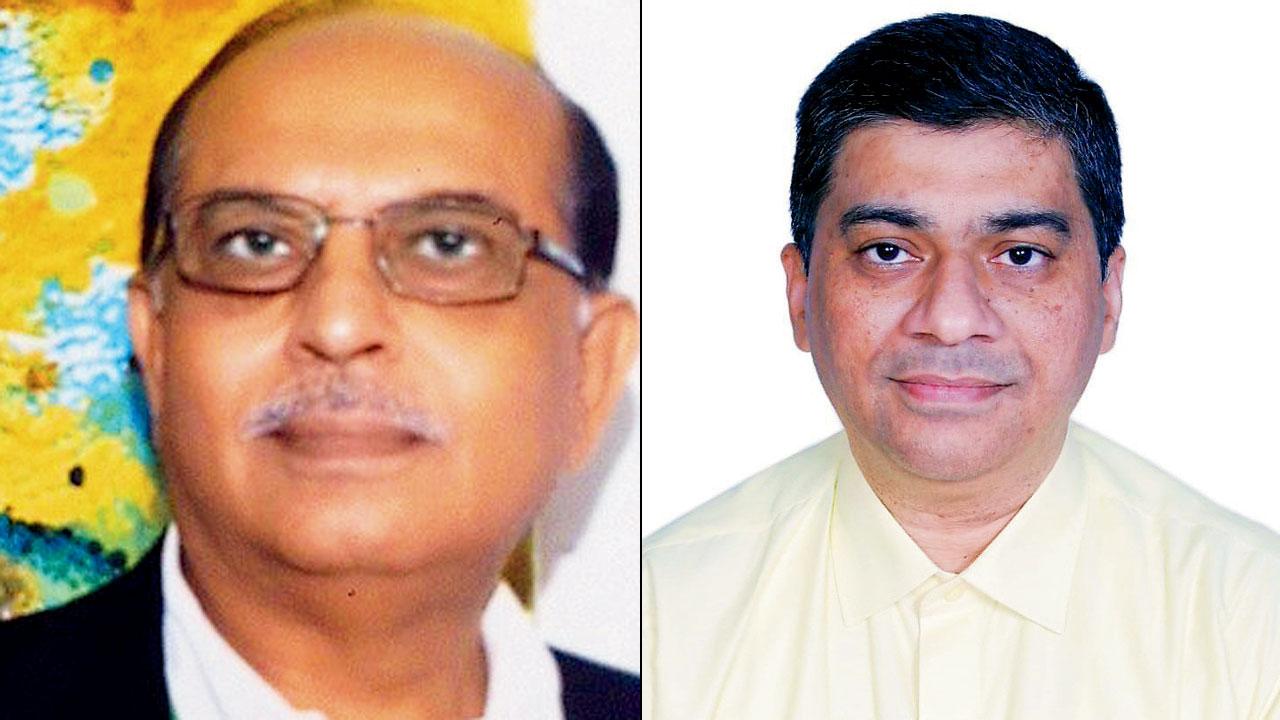
Dr Subhash Hira, professor, University of Washington (right) Dr Ketan Vagholkar, prof. of surgery, DY Patil Medical College
Evolution history of mpox
Historically, the early cases of monkeypox were documented in 1956 in DRC, generally as self-limiting clustered cases. With the advent of the smallpox vaccine in 1959, cases of monkeypox disappeared due to its cross-immunity also against monkeypox. Thereafter, when the last smallpox vaccines were delivered to the world in 1978, the unvaccinated young born started showing cases of monkeypox in Africa. Dr Hira who was working at the University Teaching Hospital in Lusaka, Zambia, started seeing these cases in the late 1980s among young children. No teens and adults in family households got this illness due to the lifelong immunity they had after the smallpox vaccine. With the change of generation every 15 years, more populations that are vulnerable to monkeypox virus from the monkey meat handlers reappeared and mutated to Clade II of Mpox. Through close skin contact with persons, mpox transmission is happening globally. It is causing life-threatening adult infections, with a mortality rate of 4-10 per cent as per various studies in Africa.
More infectious subtype
Dr Wiqar Shaikh, professor of medicine, Grant Medical College and Sir JJ Group of Hospitals, said that the WHO has announced that mpox constitutes a public health emergency of international concern. Dr Shaikh said that this is the second time in two years that WHO has made such an announcement regarding mpox. An upsurge of mpox cases has been noted in DRC and some other African countries. mpox has the potential to spread across Africa and the rest of the world. Dr Shaikh added that WHO has announced a new 'clade' (species) of mpox. “The Clade I subtype, which, with its rapid spread, is a cause for worry”.
According to Dr Shaikh, the CDC in Atlanta, US, had issued a health alert for mpox as early as December 2023, regarding the emergence of the Clade I subtype which is more infectious and more severe than the Clade II subtype. Dr Shaikh recalled that a multi-country outbreak of mpox initially triggered an emergency declaration from the WHO in July 2022, but the crisis was considered concluded in May 2023, by which time there was a substantial decline in global mpox cases.
Dr Shaikh said that to date this year, 15,600 mpox cases and 537 deaths have been reported worldwide. He mentioned that the last case of mpox was reported in India from Kerala in March this year and that 30 mpox cases have been reported in India since 2022. Dr Shaikh, however, warned that three mpox cases have recently been detected in neighbouring Pakistan recently.
No specific vaccine available
Dr Shaikh explained that mpox is a viral illness caused by the monkeypox virus. Common symptoms include a skin rash, fever, muscle pain, backache, low energy and swollen lymph nodes. He added that mpox can be transmitted through physical contact with someone who is infectious or with infected animals. A PCR test using fluid from the skin rash is used to detect mpox. “There is no specific treatment for mpox and only supportive measures are used,” he said, adding that two smallpox vaccines have been used in an attempt to prevent mpox. An mRNA vaccine for mpox is currently under study.
Symptoms show up in 5 to 21 days
“The illness is usually mild, and most infected individuals recover within a few weeks without treatment. Mpox can be transmitted from one person to another through contact with infectious lesion material or fluid on the skin, in the mouth or on the genitals; this includes touching, close contact, and during sex. It may also spread by means of respiratory droplets produced by talking, coughing, or sneezing. The time from exposure to the onset of symptoms ranges from 5 to 21 days, and symptoms typically last from two to four weeks. However, cases may be severe, especially in children, pregnant women, or people with suppressed immune systems,” said Dr Ketan Vagholkar, professor of surgery at DY Patil Medical College.
Caution can prevent spread
“The symptoms of monkeypox, though similar, are much milder than the symptoms of smallpox. The incubation period (time from infection to symptoms) for monkeypox is usually 7−14 days. The illness begins with fever with chills, headaches, myalgia, and swollen lymph nodes. Within the next 3 to 4 days, a rash appears which spreads over the body affecting particularly the face, hands and feet. Lesions progress through various stages such as macules, papules, vesicles, pustules and finally fall off as scabs. The illness lasts from 2 to 4 weeks. Transmission occurs by close contact with droplets from infected humans, though prolonged face-to-face contact is necessary. Contact with infected body fluids is also a mode of transmission. Citizens are advised to report to the family physician if they suffer from any flu-like illness,” said Dr Vagholkar.
Preventive measures
>> Avoid contact with animals that could harbour the virus (including animals that are sick or found dead in areas where mpox occurs)
>> Avoid contact with any materials, such as bedding, that have been in contact with a sick person
>> Isolate infected patients from others who could be at risk of infection
>> good hand hygiene after contact with infected
animals or humans; wash hands with soap and water or use an alcohol-based hand sanitiser
>> Use personal protective equipment (PPE) when caring for patients
>> Treatment comprises supportive care, antiviral therapy, immunoglobulin VIG and vaccination against smallpox etc
As stated by Dr Ketan Vagholkar
 Subscribe today by clicking the link and stay updated with the latest news!" Click here!
Subscribe today by clicking the link and stay updated with the latest news!" Click here!










